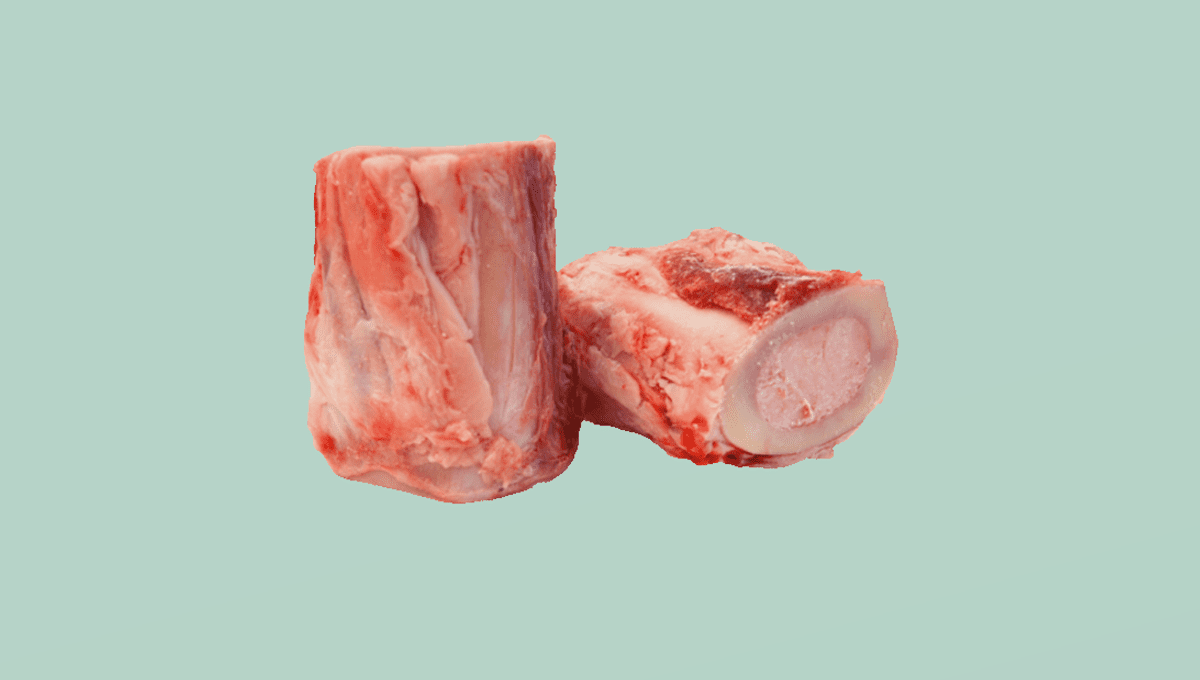
Bones are wet. There, that’s something you now know. You might not like it, but when we’re alive our bones are stuffed with gooey marrow and riddled with vessels. So, it seems a bit odd, then, that the English idiom “bone dry” has become so well established.
If you’re wondering why bones are wet, it’s to do with the fact that they are complex organs rather than static frames. Your skeleton as a whole is made up of many living organs, and they do a lot more than hold you up.
Where does the saying “bone dry” come from?
Bone dry means completely dry, and according to Phrases.org, the earliest known use of the saying was by clergyman Robert Forby in 1830 who handily penned a glossary. Forby, pedant that he was, opted for the title The Vocabulary Of East Anglia; An Attempt To Record The Vulgar Tongue Of The Twin Sister Counties, Norfolk And Suffolk, As It Existed And Still Exists; With Proof Of Its Antiquity From Etymology And Authority. (On the topic of historical word use, did you know that there’s actually a difference between coffins and caskets, and that the latter was invented to do away with a “vulgar” feature of its predecessor?)
The phrase came from the way in which animal bones from long-dead remains would get bleached in the Sun and, admittedly, pretty damn dry. A notable difference between sun-bleached dry bones and their fresher counterparts is weight, with dry bones being very light in comparison.
Why? Because they’ve lost all their gooey goodness. Wet bones, like those in your body, are made up of organic and inorganic materials whereas in dry bones only the latter remain.
Are your bones wet?
As we’ve established, vertebrates have wet bones, so let’s dig a little into why and what magical things your bones are doing right now.
Bone is complex living tissue made up of several layers and cells that can self-deconstruct, rebuild, and regenerate. Your average long bone (think femur, radius, etc.) has epiphyseal plates where bone lengthening occurs until you’re an adult, at which point these plates grow over into bone.
The outside of the bone organ is compact for strength, but inside there are cavities containing different kinds of tissue including spongy bone, fat, and marrow, the latter of which is where our red blood cells are made. This means bones are also kitted out with decent vasculature to keep the goods traveling into, as well as out of, the organ, and that means a lot of wet blood.
What else do wet bones do?
Cells in your bones are also able to communicate with different parts of the body and can influence everything from kidney function to fertility. They can also respond to changes in the body, like pregnancy, by absorbing more calcium, and increased movement, by producing prostaglandin E2 to support muscle growth.
While the knowledge that bones are wet might make you feel a little uncomfortable, it just goes to show how much more there is to your skeleton than meets the eye. If scientific facts that make you uneasy is your bag, we’ve got a whole lot more here.
Source Link: Bones Are Wet So Why Do We Say "Bone Dry"?